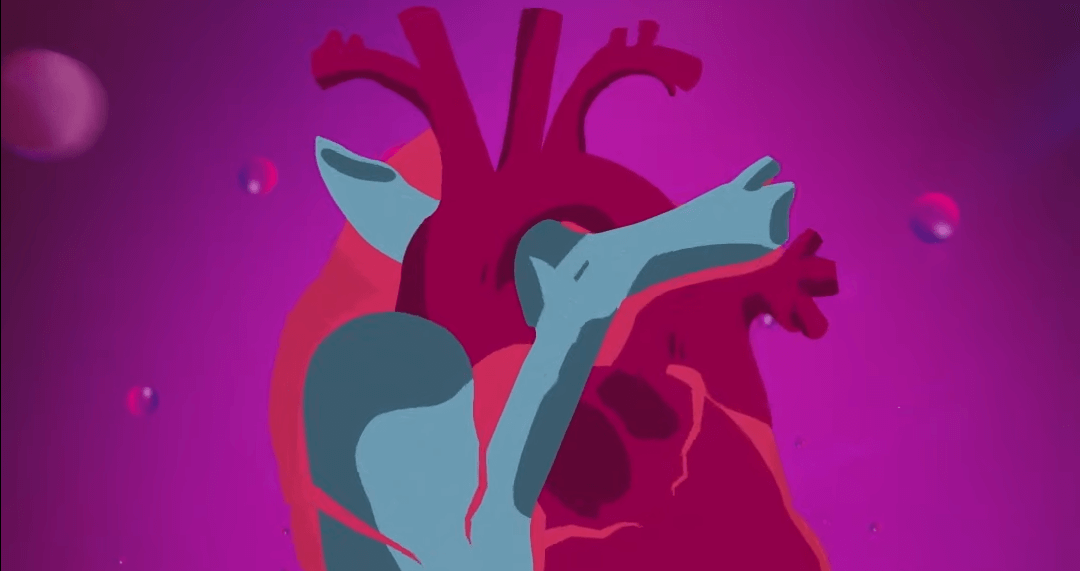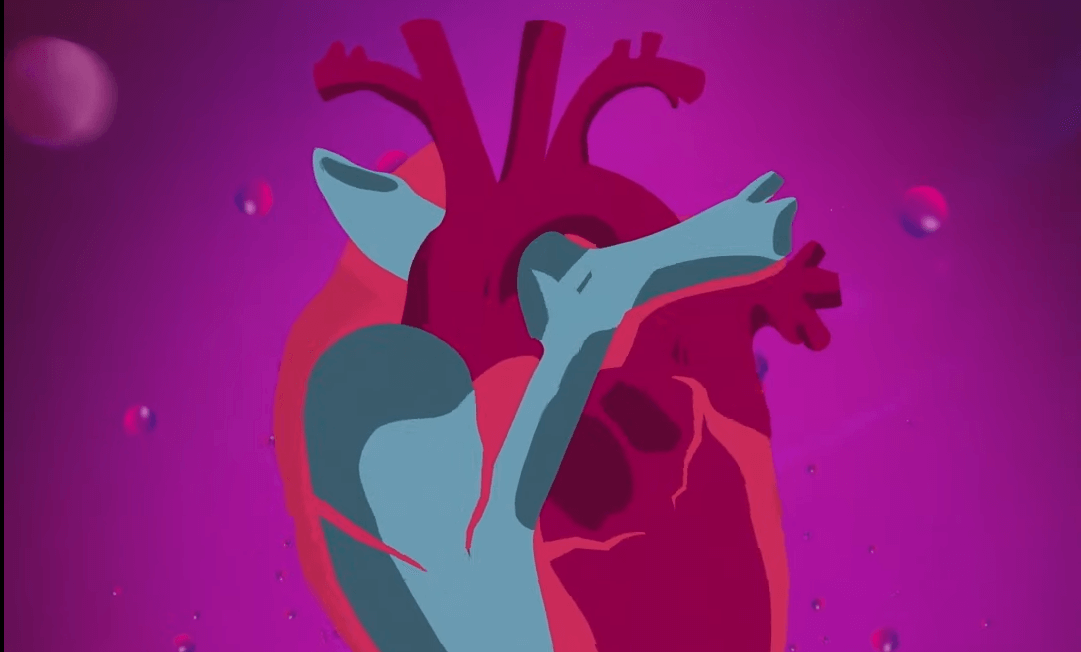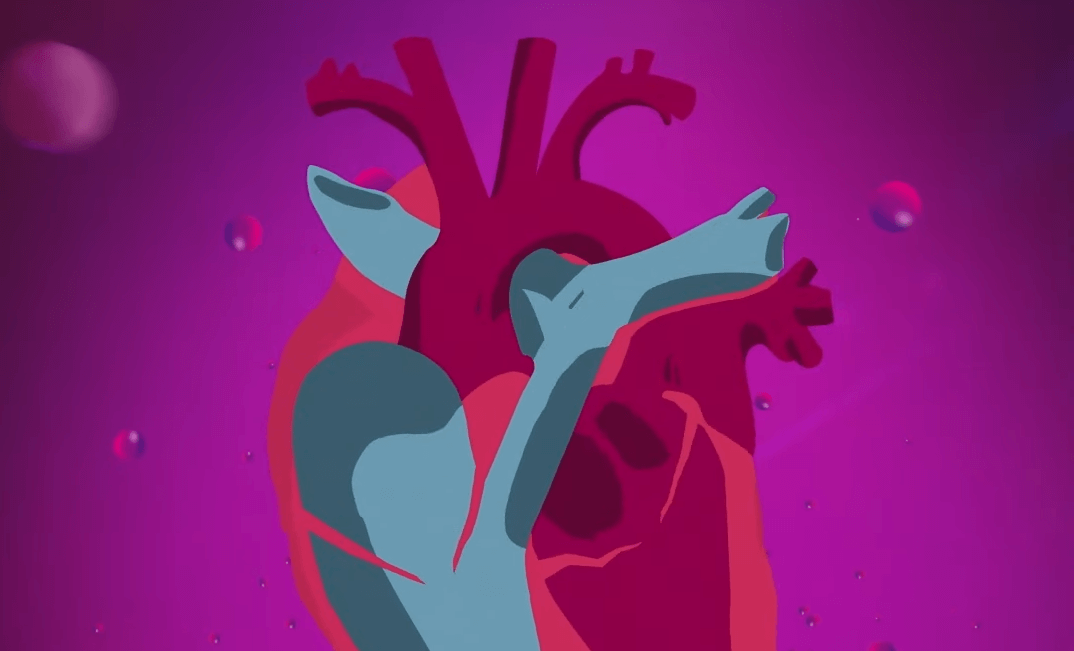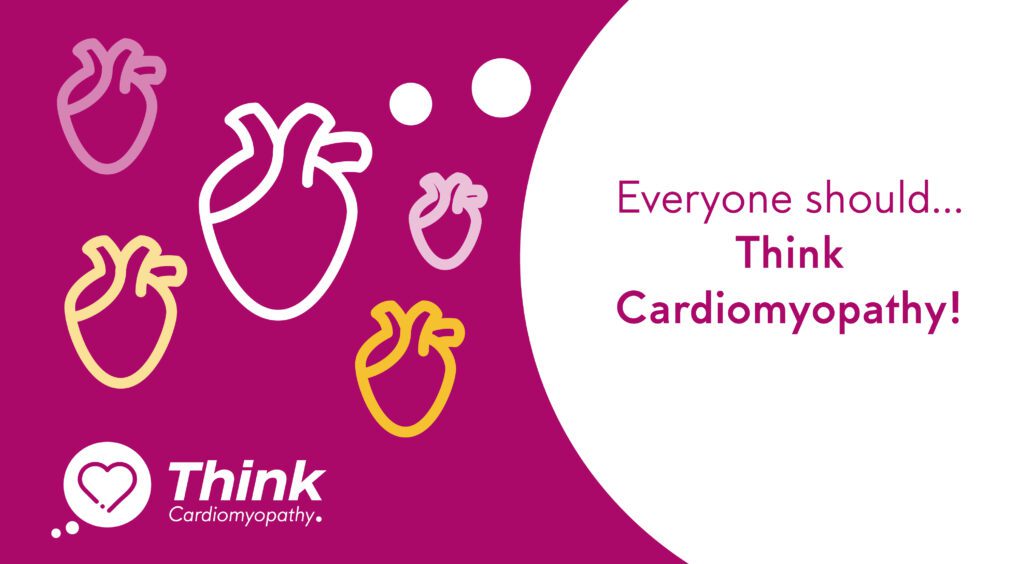What is Cardiomyopathy?
- Cardiomyopathy is a family of diseases that affect the heart muscle: ‘cardio’ means heart, ‘myo’ means muscle and ‘pathy’ means disease. It isn’t a single condition, but a group of conditions that affect the structure of the heart and reduce its ability to pump blood around the body.
- Cardiomyopathy can have a number of different causes depending on the type of cardiomyopathy. However, in many cases it is a genetic condition that can be passed down through families.
- Cardiomyopathy can make your heart stiffen, enlarge or thicken and can cause scar tissue. As a result, your heart can’t pump blood effectively to the rest of your body.
- Treatment for cardiomyopathy may include medications, lifestyle changes or surgery. Although there is no cure for cardiomyopathy, you can manage the condition. People who receive treatment can live a high quality of life with cardiomyopathy.
The most common types of Cardiomyopathy are:

Dilated cardiomyopathy
Your heart’s blood-pumping chambers enlarge (dilate).
Your heart’s blood-pumping chambers enlarge (dilate).

Arrhythmogenic cardiomyopathy
Disease in your heart muscle causes irregular heart rhythms.
Disease in your heart muscle causes irregular heart rhythms.

Hypertrophic cardiomyopathy
Your heart muscle thickens.
Your heart muscle thickens.
Know The Symptoms of Cardiomyopathy
Some people living with cardiomyopathy never have signs or symptoms, while others don’t have signs or symptoms in the early stages of the disease. Common symptoms of cardiomyopathy include:
- Shortness of breath
- Fatigue
- Swelling in the ankles, feet, legs and abdomen
- Dizziness
- Light-headedness
- Fainting during physical activity
- Arrhythmias (abnormal heartbeats)
- Chest pain, especially after physical exertion
- Heart murmurs
If you have any questions about Cardiomyopathy please contact the Croí Connects, nurse-led telephone helpline on 091 544310 or email healthteam@croi.ie. You can also avail of our weekly online chats, for more information visit Croí Connects.

